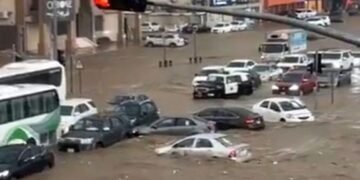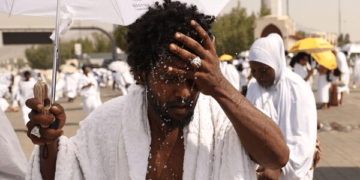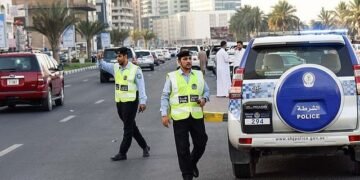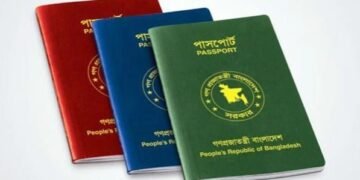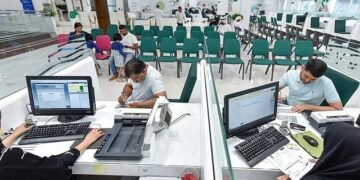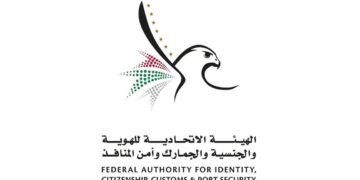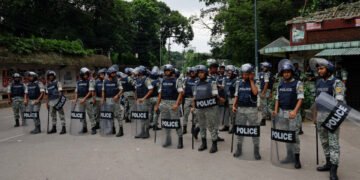A Dubai Police traffic patrol reached the driver’s vehicle within minutes of him seeking help and, with the assistance of another patrol that had gotten ahead of it, worked to gradually bring it to a stop.
A driver whose vehicle’s cruise control unexpectedly malfunctioned on Dubai’s busiest highway was rescued by police patrols. The driver had called the emergency number 999, requesting assistance after his vehicle failed to respond as he was cruising on the Sheikh Zayed Road towards Abu Dhabi.
Police patrols reached the driver’s vehicle in just a “matter of minutes”, the police said Sunday.
Traffic patrols spotted the vehicle past the Expo Bridge. Given the vehicle’s immense danger on the high-speed road, the patrols quickly secured the area around it and activated warning signs for other motorists.
“They then worked to reassure the visibly distressed driver. One of the patrols then positioned in front of the vehicle and began gradually bringing it to a stop while the other patrols secured the lane behind it,”
Brigadier Juma Salem bin Suwaidan, Deputy Director of the General Department of Traffic.
The police managed to calm the driver and prevent him from losing complete control of his vehicle. It was not immediately clear how the vehicle was brought to a stop.
When a vehicle’s cruise control system malfunctions, it can cause the vehicle to behave in an extremely unpredictable and dangerous manner. The cruise control system may suddenly override the driver’s inputs, causing the vehicle to rapidly accelerate even with the driver’s foot off the accelerator pedal.
Additionally, the cruise control system may fail to disengage even when the driver presses the brake or uses the cancel button. This can leave the driver completely unable to regain control over the vehicle’s speed, which can be life-threatening at high highway speeds.
Brig Jumaa stressed on the motorists to remain calm if they find themselves in a similar situation. They must ensure that their seatbelt is fastened, turn on the hazard lights and headlights, and immediately contact 999.

